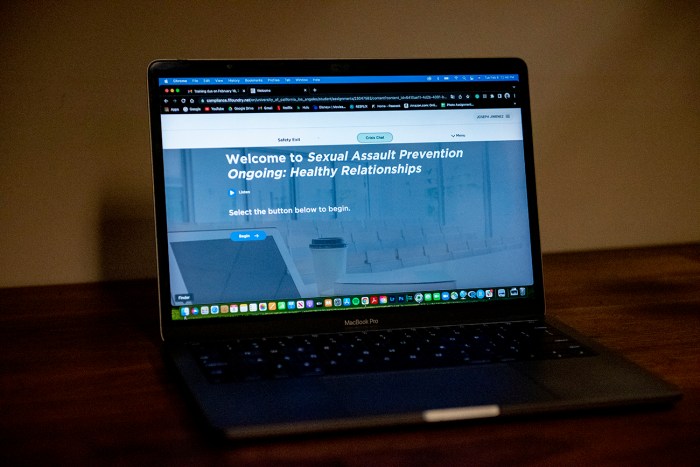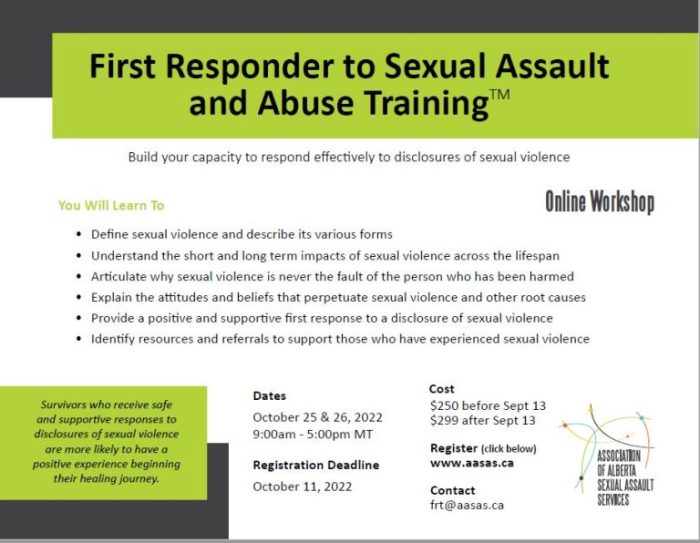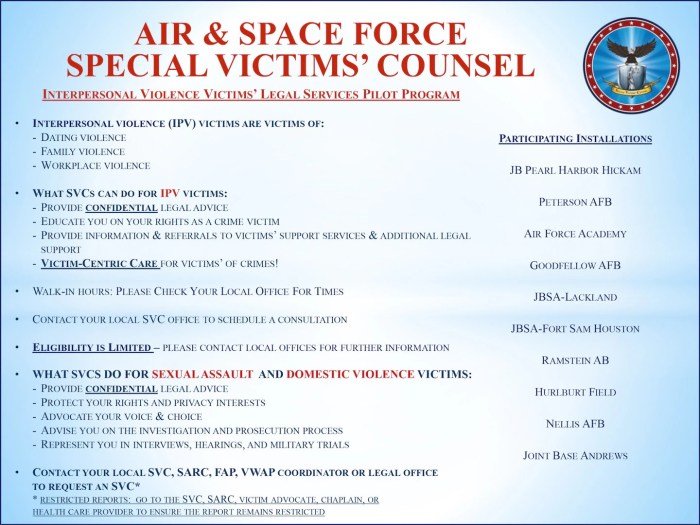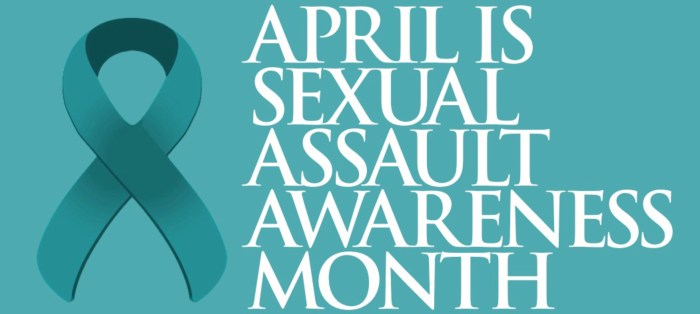Joint staff sexual assault prevention and response training pre test – The Joint Staff Sexual Assault Prevention and Response (SAPR) training pre-test is a critical component of the military’s efforts to combat sexual assault. This training provides service members with the knowledge and skills they need to prevent and respond to sexual assault effectively.
The training covers a wide range of topics, including the prevalence and impact of sexual assault in the military, key concepts and definitions related to sexual assault, the roles and responsibilities of individuals in preventing and responding to sexual assault, prevention strategies, response procedures, and resources and support available to victims of sexual assault.
1. Training Overview
The Joint Staff Sexual Assault Prevention and Response (SAPR) training pre-test aims to assess participants’ knowledge and understanding of the following topics:
- Sexual assault prevention and response policies and procedures
- Key concepts and definitions related to sexual assault
- Roles and responsibilities of individuals in preventing and responding to sexual assault
- Evidence-based prevention strategies
- Response procedures for sexual assault allegations
- Resources and support available to victims of sexual assault
2. Importance of Sexual Assault Prevention and Response

Sexual assault is a serious problem in the military, with an estimated 20,000 service members experiencing sexual assault in 2018. The impact of sexual assault on individuals and the military as a whole is significant, including:
- Physical and psychological harm to victims
- Erosion of trust and morale
- Increased risk of suicide and other negative outcomes
- Financial costs associated with medical care, investigations, and legal proceedings
Preventing and responding to sexual assault is crucial for maintaining the health and well-being of service members and ensuring the readiness of the military.
3. Key Concepts and Definitions: Joint Staff Sexual Assault Prevention And Response Training Pre Test

Consent: Voluntary agreement to engage in sexual activity, which must be freely given and informed.
Sexual Harassment: Unwelcome sexual advances, requests for sexual favors, or other verbal or physical conduct of a sexual nature that creates a hostile or offensive work environment.
Retaliation: Any adverse action taken against a person who reports or participates in an investigation of sexual assault.
Examples:
- Consent cannot be given if the person is intoxicated or under duress.
- Sexual harassment can include inappropriate jokes, comments, or touching.
- Retaliation can include being denied promotion or being assigned to undesirable duties.
4. Roles and Responsibilities

Individuals:
- Create a respectful and inclusive environment
- Report any suspected sexual assault
- Cooperate with investigations
- Provide support to victims
Commanders:
- Establish and enforce clear policies and procedures
- Provide training and education
- Investigate sexual assault allegations
- Take appropriate disciplinary action
- Provide support to victims
SAPR Program:
- Provides training and education
- Conducts investigations
- Provides support to victims
- Monitors compliance with policies and procedures
5. Prevention Strategies
Evidence-based strategies include:
- Bystander intervention training
- Alcohol awareness programs
- Leadership development programs
- Sexual assault prevention campaigns
Bystandersplay a critical role in preventing sexual assault by:
- Speaking up when they see something wrong
- Creating a safe and supportive environment
- Challenging inappropriate behavior
6. Response Procedures
Steps involved in responding to a sexual assault allegation:
- Report the allegationto the appropriate authorities.
- Provide immediate supportto the victim.
- Conduct an investigationto determine the facts of the case.
- Take appropriate disciplinary actionif the allegation is substantiated.
- Provide ongoing supportto the victim throughout the process.
Guidance on providing support to victims:
- Be empathetic and supportive.
- Listen to the victim without judgment.
- Respect the victim’s wishes.
- Connect the victim with resources and support services.
7. Resources and Support

Resources available to victims of sexual assault:
- SAPR Program
- Military OneSource
- National Sexual Assault Hotline
- Local rape crisis centers
Importance of seeking help and support:
- Victims of sexual assault need support to heal and recover.
- Seeking help can help victims to feel less alone and isolated.
- Support can help victims to make informed decisions about their options.
Answers to Common Questions
What is the purpose of the Joint Staff Sexual Assault Prevention and Response (SAPR) training pre-test?
The purpose of the SAPR training pre-test is to assess service members’ knowledge and understanding of sexual assault prevention and response.
What topics are covered in the SAPR training pre-test?
The SAPR training pre-test covers a wide range of topics, including the prevalence and impact of sexual assault in the military, key concepts and definitions related to sexual assault, the roles and responsibilities of individuals in preventing and responding to sexual assault, prevention strategies, response procedures, and resources and support available to victims of sexual assault.
Who should complete the SAPR training pre-test?
All service members are required to complete the SAPR training pre-test.